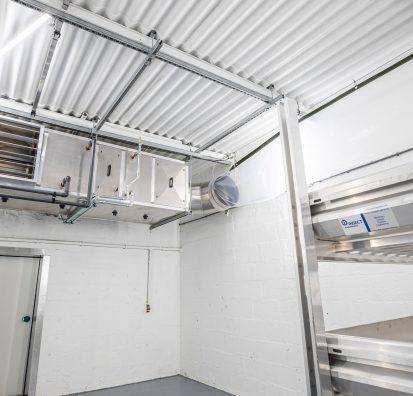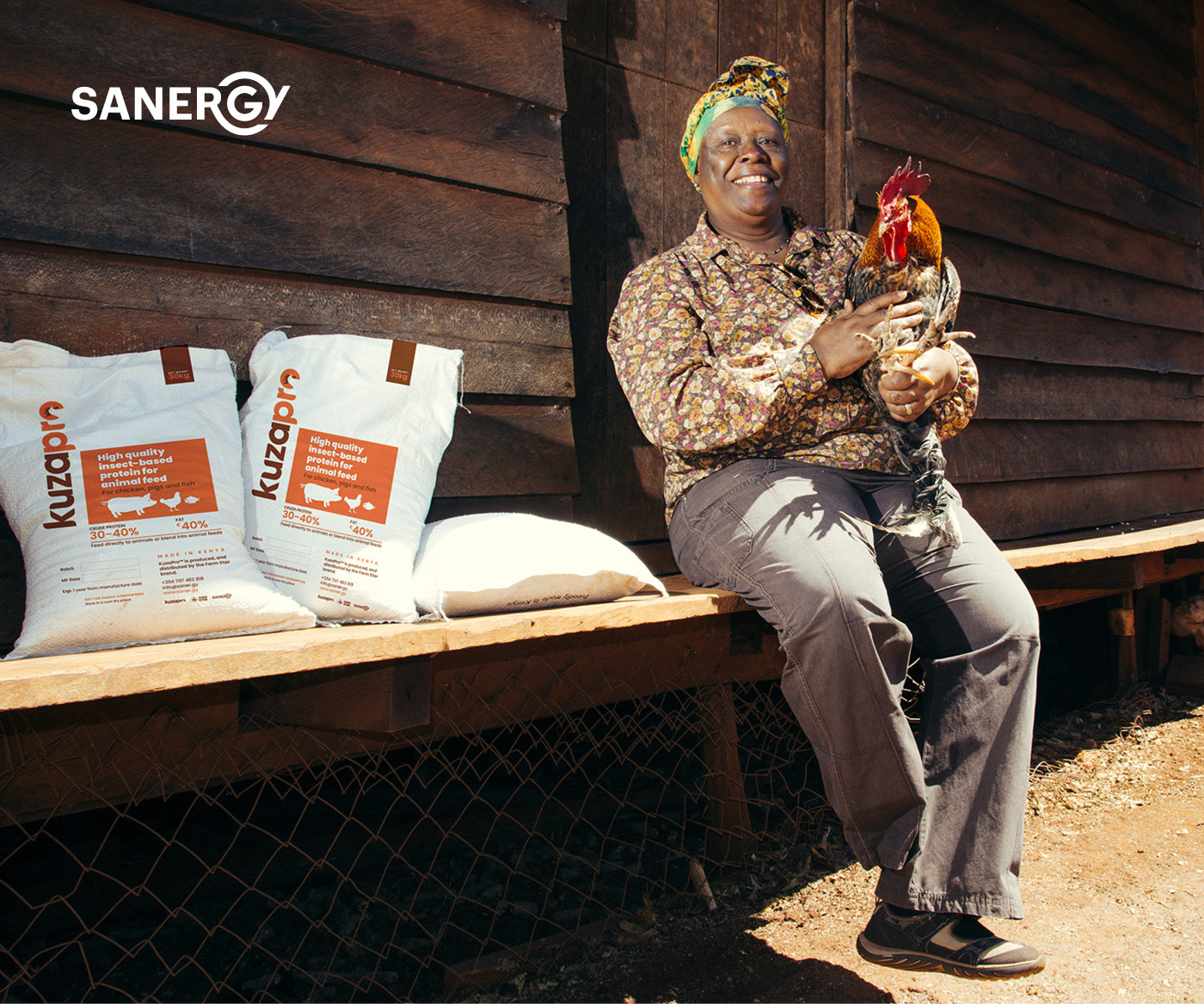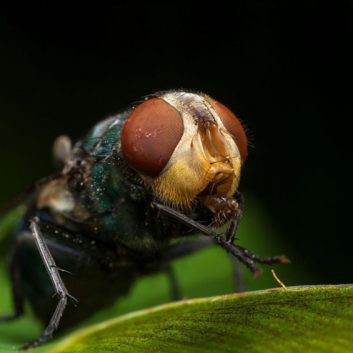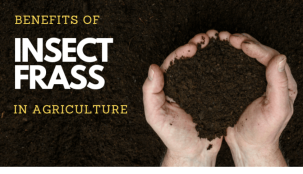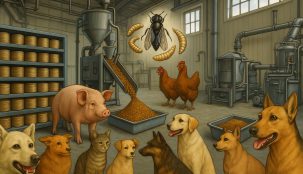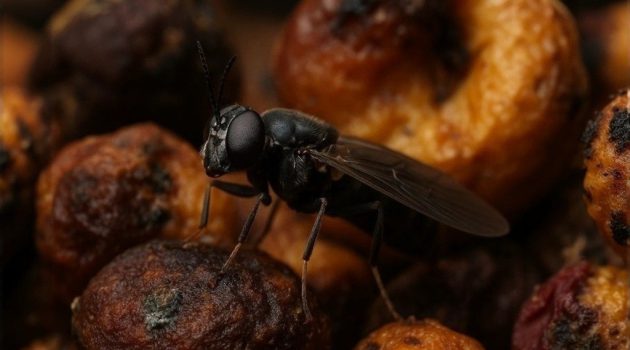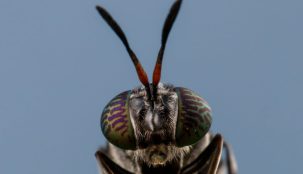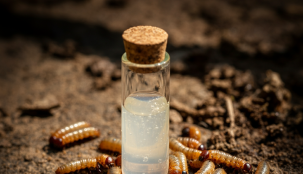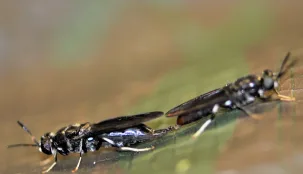Q&A: What is the ideal temperature for farming Black Soldier Fly larvae?
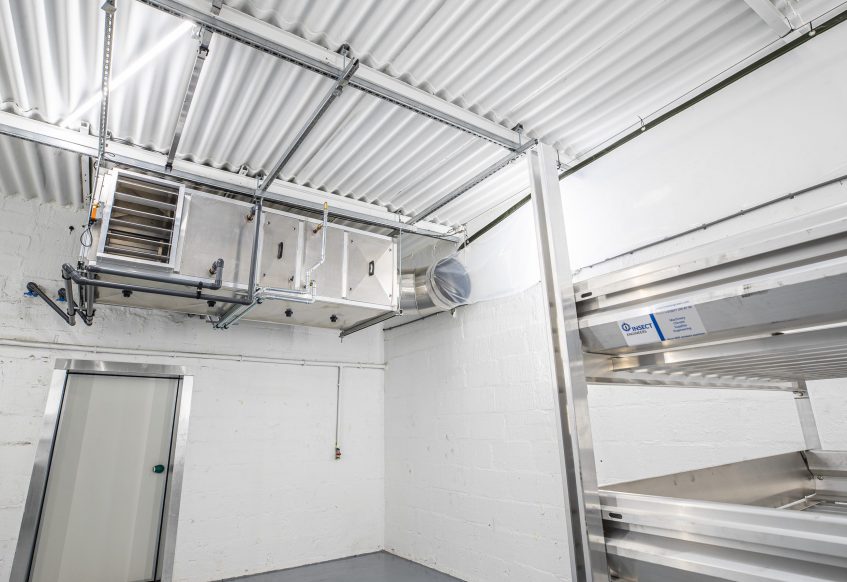
When managing a commercial farm for Black Soldier Fly larvae, it is essential to properly manage the climatic conditions to maximize the growth and protein content of the larvae, as well as the number of eggs produced. Several aspects play an important role in this process.
Significant effect on life expectancy
Suitable climate and temperature are important factors for the safe and healthy development of the larvae. Both larvae and adult flies are susceptible to temperature. This is evidenced by the fact that the lifespan of adult Black Soldier Flies is significantly affected by temperature conditions. When farming BSF larvae, managing climatic conditions and temperature is essential to ensure optimal reproduction and protein content.
First, adequate climate conditions and temperature are essential for ideal development of the larvae. Past research has shown that larvae of the Black Soldier Fly can survive temperatures between 0 and 45°C. However, the larvae are most active at temperatures between 25 and 35°C. This was also found to be the ideal temperature for adult flies to mate and for the eggs to hatch.
Temperature regulation
At temperatures that are too high, larvae will stop eating and crawl away from food sources, looking for cooler places to stay alive. On the other hand, when temperatures are too low, the larvae’s metabolism will decrease, causing them to eat less and grow and develop more slowly. Therefore, it is important to keep the temperature constant at around 27°C, which can be achieved with specialized air conditioning systems so that conditions are always optimal.
Are you interested in more articles about Black Soldier Fly farming?
Visit knowledge base
